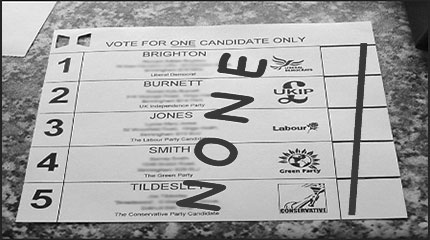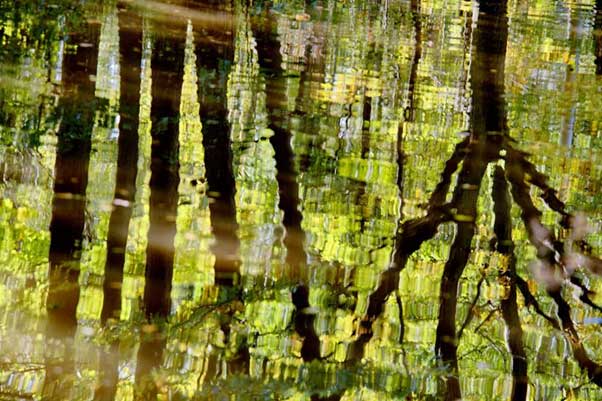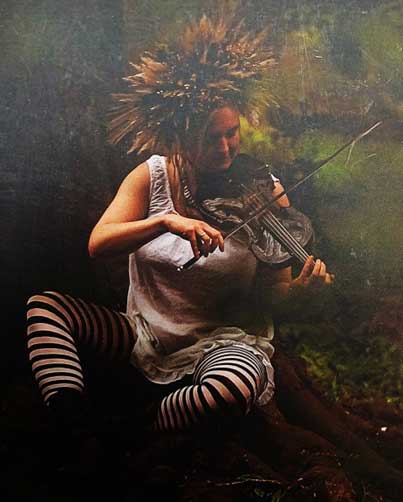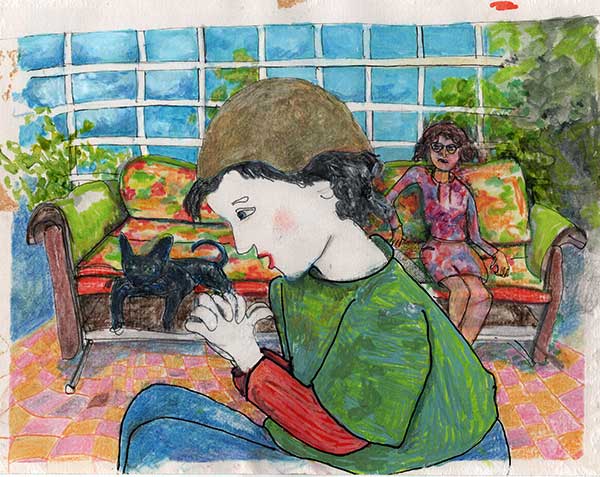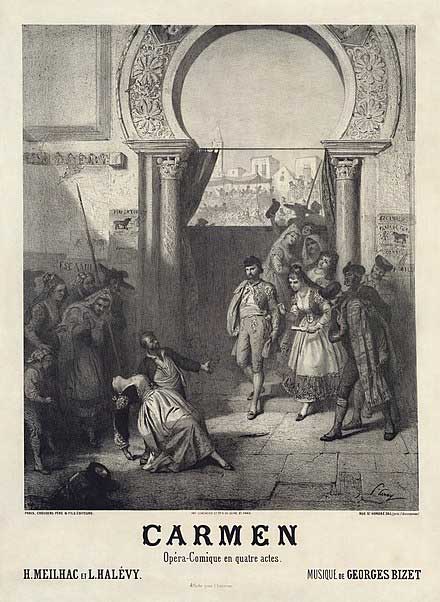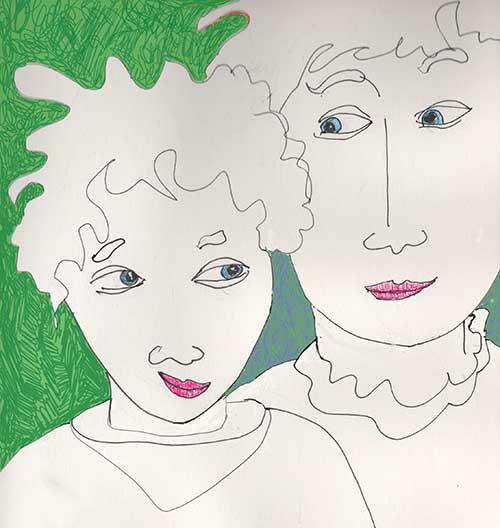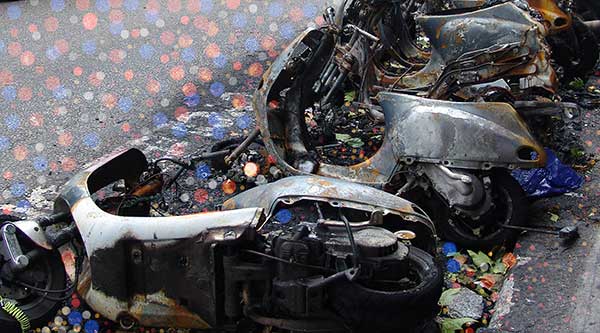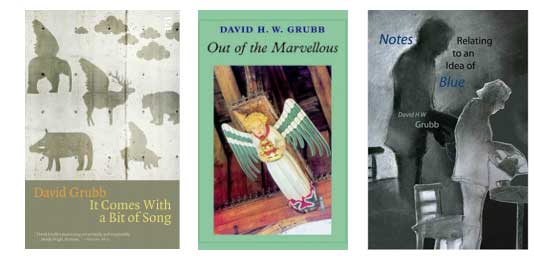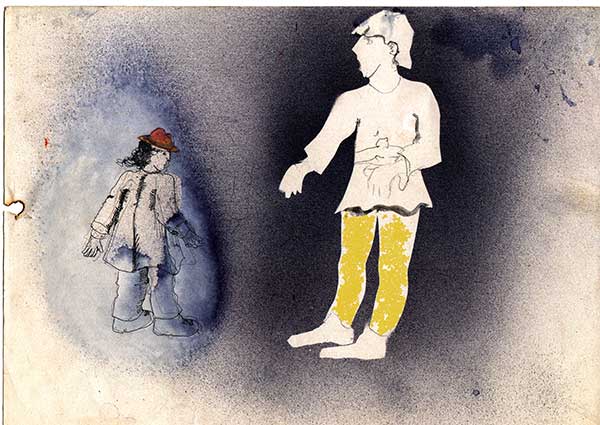
‘Ferris & Sylvester’s Day Off’ is not a teen comedy. ‘We like playing with light and shade’ says Issy.
Husband-&-wife team Issy (Isabel Grace) Ferris – from the Midlands, and (Angus) Archie Sylvester – from south-west England, achieved great things with their debut album Superhuman (March 2022). In live zones they shared stages with Robert Plant, George Ezra and Jade Bird, at venues such as Glastonbury, SXSW and BST Hyde Park festivals. Now they raise their game with second album Otherness (March 2024), making hay with genre convention by deftly mix-matching Blues, Folk, psychedelia, Americana and Indie, ignited by lyrics that explore outsider alienation and social disconnection. It’s time to wake up and smell pheromones breathing fire. Everything is everything you expect – only more so. This album forms the perfect opportunity to hop onto the Sylvester & Ferris wheel.
They both sip from big white mugs of tea. She is more animated, her fingers acting out the things she’s explaining. She has a voice carved by angels. He has a more south-west accent, and strokes his stubble pensively.
Andrew: Congratulations on a fine second album.
Issy Ferris: Thank you very much.
Archie Sylvester: Thank you so much. How’s it going?
Andrew: We’ll start at the very beginning, a very good place to start. I like a good love story. How did you two meet, and – in the words of ‘With A Little Help From My Friends’ which you cover, do you believe in a love at first sight?
Issy (laughing): Love at first sight? Depends on which of us you ask.
Archie to Issy: How would you answer that question? By just saying ‘no’.
Issy: Ok. So, here’s how we met. We met at one of my shows in London. And Archie was in the audience.
Andrew: You were already performing as a solo artist?
Issy: Yes. Both of us were, so when Archie came along to my show, I already knew who he was. I had his CD (2014 own label, ‘Surreptitious’. While Issy has one track – ‘Maggie’, on the June 2012 Virgin ‘Live At Cornbury Festival 2012’ CD). But obviously when we met, I played it really cool, and pretended that I didn’t know who on earth he was! So yes, we met after my show, and we got to talking, and that was kind of it, really, we sort of accidentally bumped into each other on the gigging circuit for a few weeks, and quickly realised that we liked each other’s music – fundamentally, that was where it all began, we just decided from there… I was doing more-or-less Folk music, but I was really interested in lyrics and that aspect of songwriting, and Archie was – well, Archie had a Blues trio which was really cool, but he was also digging deep into lyrics at the time, so we had that as a common… goal. Erm… (They made their duo debut at a Camden Vegan Café, and the next at their ‘second home’ – the ‘Spiritual Bar’ on Ferdinand Street, which is where they’d met, only months before.)
Archie: What Issy hasn’t told you (she looks at him with an amused expression), is that… so yeah, we were both solo performing acts at that time, but I went to Issy’s gig because I was dragged along by a friend who fancied Issy, who wanted me to be his wingman – that is why I was at the gig. I didn’t want to go. He phoned me and said ‘do you want to go to a gig?’ and I said ‘no, I don’t, I can’t, I’m knackered – I’ve got work in the morning, I was gigging last night, I’ve got a gig tomorrow night. I’ll stay in tonight.’ It was like a Wednesday night and I had work in the morning, and I was saying ‘no, no – look, I don’t want to go.’ He said ‘come on, man, I need you to come, I need you to be my wingman.’ So – yes, I did a really good job of that…
Issy (indicates with her thumb): Worst wingman ever!
Andrew (acting as agent provocateur): Married couples don’t really have a good track record in Pop-Rock. Married duos like Ike & Tina Turner, Abba, Fleetwood Mac, they all ended in tears.
Issy (laughs): We’ll let you know.
Archie: It’ll be fun while it lasts though, won’t it?
Andrew: Maybe Everything But The Girl?
Archie: Yes, yes, it does exist. I mean, we’re going strong so far. We started out writing together, we had a songwriting relationship before we were involved romantically. And it stemmed from there, and… we can’t sit and pretend that it’s all roses, of course there are difficult moments. But we have one rule which is that when the day’s over, when we’ve actually finished, and we’re going to sleep – even if we’ve had a difficult day, we have to put it all to bed, both literally and metaphorically.
Issy (nodding): Right. We’re always friends at the end of the day.
Archie: We gotta be mates.
Andrew: Do you argue over your music? The lyrics don’t always reflect domestic harmony.
Issy: Yeh, yeah, for sure. People generally see arguing as a really bad thing, for obvious reasons, but f’rinstance, when we’re writing a song, we’re exploring all avenues as to where the song could go, and we’ve got two brains, and we’ve both got incredible passion for the song, and so – when we’re arguing (her fingers mime ‘in quotes’) in inverted commas over a song, it always ends up giving the song the best chance, because we’re both giving it everything we’ve got. I mean, I would say that our professional arguing is always for the right reasons, which is the fact that we both love what we do. So… yes, I’d say so…
Archie: It means the best idea will win, and it really does have to be the best idea, because neither of us will want to admit that we’re wrong (she laughs engagingly when he says this) – so it’s gotta be a good idea for it to go in. Sometimes we go – ‘Oh! What about this?’ – and we both go ‘Yes!’ That’s great. When that happens it’s really nice.
Issy: We both high five.
Archie: But normally it doesn’t. So that when the idea and the song come together, it means that it’s gone through that process where both of us have had to go ‘yes, this is it!’
Andrew: What are your roles within the duo, or do they overlap?
Issy: We both overlap with everything, really. I’m sure a lot of artists would agree, there’s not really any formula to the writing, other than sort-of sitting down and being open-minded and open-hearted. That’s the rule, and then you see where it takes you. We write the song together (she interweaves her fingers together to illustrate the creative process), and then Archie produces the records, it’s very much we take the song and Archie digs down deep into it (she mimes digging with her fingers), with his ‘production head’ on – he switches from writer to producer, which I’m involved in, but I’m involved, I would say, as an artist whereas Archie is a producer. But the actual writing process, we both do both, but f’rinstance, if I come up with an idea it’s probably not, or very rarely will it be, a guitar riff, because Archie is a much better guitarist than I am. If I come up with an idea, I’ll be singing the line, or playing the (air-)drums – do-do-dum-do-do-dum, rather than actually playing the instrument. But I think that because we are so – obviously we’re very close, we’ve been together a long time, there’s also not a lot of shame around it, so if you come with an idea, but you don’t know how to execute it, or you don’t know how to play it, you know you can just explain it, or you can literally sing it in the most silly way – if you need to, to get the idea across, but there isn’t – like, embarrassment. Which is cool.
Andrew: Your song ‘Mother’ is about domestic abuse.
Issy: Yes, it is. That one was kind-of strange. ’Cos we wrote that song before deciding to have a child ourselves. We now have a little boy who is one year old, but ‘Mother’ predated us becoming parents. We wrote that in the studio with Michael Rendall who is a producer and engineer who worked on this record with us (the album was produced by Archie with Michael Rendall at sessions split between their own Archtop Studios and Peter Gabriel’s renowned Real World Studios) – and it really did come out of nowhere, it was like, maybe it was a story that we felt needed to be told? I quite enjoy it when people talk about how they write, and if it’s not autobiographical, y’know, where does the idea come from? A writer once said that things that aren’t autobiographical might just be your biggest fear. And I think that’s maybe where the song came from. It came very thick and fast. But it’s not – y’know, about us, specifically.
Archie: There is hope on the album.
Issy: There is…
Archie: We didn’t realise it when we were putting the album together, there is some darkness, and there are some difficult topics. I think it’s important not to shy away from that, but hopefully – certainly the intention is, as the listener goes through the album, that you are taken on a journey through those difficult topics, but by the time you finish listening to the album you are left with a feeling of hope rather than gloom and doom, because that was certainly our intention. And it also serves the purpose of setting up the third album which is not yet finished, but which we’re currently working on. It will have more topics coming from the end of the second album, which is the more hopeful part, which will lead into the third album which – I think I can probably predict, it will be slightly breezier!
Andrew: The feeling of being ‘aliens in disguise’, the misunderstood outsider is central to the classic Bedsitter troubadour pose – all the way back to Paul Simon’s ‘I Am A Rock’, except that here, in your song ‘Otherness’, it is the sense of being outsiders that unites you. Or at least, that’s the way I read the song.
Issy: Yes.
Archie: That’s really interesting.
Issy: You’re absolutely correct. ‘Otherness’ is the ‘hidden track’ on the vinyl edition – so that it’s this hidden gem at the end. And that’s where the title of the album came from. We wrote the song, and it’s the first love song that we’ve actually written about each other – after, however many years, and you’re so right, it’s about… that song isn’t necessarily about being an outsider individually, it’s enjoying being outsiders together. But then, the word ‘otherness’ really stuck in our heads, after we wrote that song, and we realised that it actually encompasses a lot of the other stuff that we were writing. ‘Mother’ for instance – the feeling that you’re on the outside looking in at happy families, or we’ve got a track called ‘Don’t Fall In Love With Me’ which is literally asking someone not to love you, so – it was a starting point for the whole album. And it’s – as Archie says, it finishes the album on hope (she lifts the cup of tea with both hands).
Andrew: Tell me about the track ‘Paper Plane’.
Archie: That’s a good song. It’s funny ‘cos you think you’ve forgotten about songs once you’ve written them, you’re just not thinking about them all the time. And then you think back ‘Oh yeah, that’s where we were when we wrote ‘Paper Plane’. We wrote that – it must have been 2020 or 2021, and there’s quite clear references in there to what was going on in America, and in the world. So – yes, I’m glad you picked that one out, thank you.
Andrew: Who is ‘The Performer’ in your song of that name?
Archie: The track ‘The Performer’? Yeah – so, well, again – as Issy was saying, when you’re writing, even though you might not necessarily be writing about yourself, it’s very hard to actually get… you can’t get outside of your own head. So everything you ever write has come from somewhere, has come from some kind of experience that you’ve had. Something that you’ve noticed. ‘The Performer’ is a story that – again, it’s probably based somewhere about Issy and I…
Issy: It’s almost based on how each of us can imagine, if one of us was a musician and the other one wasn’t.
Archie: And we weren’t… Again, it’s like our worst fear. I suppose ‘Mother’ would be a much worse thing to endure, but yes – it’s kinda like the realisation that we are lucky to be doing this thing together, and maybe the song is how it would be if we weren’t together?
Issy: And yes, we’ve witnessed that when we’re touring, it’s hard, it’s long, and you’re away a lot. We’ve seen it happen to other people where – as a musician, you’re away, you’re finding yourself, you’re doing what you want to do, but at the same time, you’ve left somebody else behind, and you’ve left behind a life, and so we’ve watched that happen time and time again. And so – yes, I guess that’s back to writing about your fears.
Archie: And that track is a bit of fun as well, it’s a little bit of hope towards the end of the album, which was intentional. It’s got a groove, it hopefully makes you want to move around a little bit. It’s a slightly lighter topic. And there’s room for that on the album. It’s cool that you picked it out. I really like that track.
Andrew: Are you well-informed on music history and precedents? Would you be any good on ‘Ken Bruce’s PopMaster’?
Archie: Try us! We are obviously familiar with the radio show. When I was growing up I would sometimes play it with my Dad. He would delight in beating me every single time, on questions about the Seventies – which I know nothing about. But from that experience I think probably I do have a reasonable…
Issy: You’d be pretty good. I think I’d be pretty bad. But you’d be a finalist.
Archie: I’d have my Dad to thank for that. He’s a Pop Music enthusiast through the ages. He would delight in telling you the intricacies of Steely Dan, or Abba, or some of the other bands, Bowie, and (he points to Issy) your Dad would be very good!
Issy: I’ll tell you what. Sack us. Get our Dads on, and they’d win.
Andrew: You started out with ‘The Yellow Line’ which was an EP of quite decorous Folky simplicity.
Issy: Yeah, we did. That was months – literally months after we’d first met. And we were both sort-of heavily into the more lyrical aspects of writing. I think it’s really important that that’s where we started, because that’s always been an integral part of our writing. Shortly after ‘The Yellow Line’ we were writing all the time. That first year of meeting we just wrote so many songs. (‘We’ve demo’d up pretty much every song we’ve ever written from day one. It started out on a two-channel Focusrite interface and one microphone in my bedroom, and slowly over time we’ve expanded into a fully functioning studio’ Archie told ‘Atwood Magazine’.) At the same time we were also performing live and we sort-of discovered another side to our sound, through playing live so much, trying to keep an audience hooked on the stories, but also you’ve got to make your story better than whatever they want to talk about with their friends, y’know? So we then discovered – I guess for Archie it was almost a rediscovery, (she turns to Archie) it was almost what you had been doing, but a grittier sound, bringing in the Blues, bringing in the Rock element. And from there – I think we both feel really proud of ‘The Yellow Line’, and I hear a lot of that first EP in all of our writing, but especially writing in our ‘Otherness’ album. I think it was the start of what we would then grow to become.
Archie: It’s kind-of come back a little bit. Yeah, we’re really proud of that EP ‘The Yellow Line’, that was a big moment for us. We took our songs and went and sat in Youth’s (producer Martin Glover) front room. I had known him for a while, and I was trying to do some work with him. I kept turning up at his house in Clapham Junction with new songs saying ‘listen to this song, listen to this song’ and he would go ‘rubbish-rubbish-rubbish.’ It was kind-of constructive criticism, he would say ‘you should work on this, you should work on that – that’s pretty good.’ But it was criticism, nonetheless. But I kept going back to Youth – which he was probably really annoyed about, but he was kind enough to sit and listen, and then eventually Issy and I had met and we started writing some songs, and I thought it was pretty cool, and asked Youth if he wanted to hear it, so we went round to Youth’s house and sat in his front room and played him two of the songs that ended up on that EP. And Youth said ‘this is really cool, I would love to work on this,’ which was a big deal for us – ‘cos, you know, Youth is a big-shot producer, famous for Verve’s ‘Urban Hymns’, he’s worked with U2, Crowded House, he’s worked with Paul McCartney – so, he was a guy that we were gonna listen to. And he invited us out to Spain to his recording studio there, and that’s where we recorded ‘The Yellow Line’. And we learned so much throughout that process, we owe a lot to Youth for that initial trust. Because at that time we didn’t even have a name. We weren’t called Ferris & Sylvester, we were just Archie and Issy who’d written a few songs. And Youth was the first person who went ‘this is cool, you should concentrate on this.’ So we do owe a lot to him. Yes, I feel that we need to resurface that EP somehow, at some point, because it was a big moment for us.
Andrew: Your song ‘Knock You Down’ has childhood schooldays nostalgia about ‘learning about Vikings,’ but ends with ‘don’t let the system knock you down,’ as though schooling is also a process that strips away that childhood innocence.
Issy: When we wrote that song, it was a look at how – when you grow up you learn to behave yourself. And so, when you are at school and you’re young and you’re excited, you’ve got this – maybe a sense of bravery, and there’s nothing sort-of in your way. And then you grow up and you learn to be a grown-up, be an adult and take responsibility, and I think that’s really what the song was about. But it’s great that you’ve had such a deep dive, ‘cos we are incredibly proud of a lot of these songs. ‘Knock You Down’ for instance, that came out right in the middle of Lockdown, and we weren’t sure if anyone was even listening!
Archie: I like that song. To me it’s about not losing your imagination. Just because you’re an adult, you can still have an imagination, you can still dream, you can still dream about…
Issy: …being a Viking!
Archie: Being a Viking. I do, all the time.

Andrew: Yes, keep that spark alive! Your version of ‘With A Little Help From My Friends’ – done in the Joe Cocker rather than the Ringo style, seems an unlikely cover-song for you to choose.
Archie: That came about when we were doing live-streams during the Lockdown period, we did them religiously every single Friday. We would do a few of our own songs and then a cover – every Friday. So we did all sorts of songs.
Issy … we did Led Zeppelin’s ‘Ramble On’. That was on our live-streams. We did them during the first Lockdown, and then we also rebooted the live-stream later on in the year during the second Lockdown. We were in Lockdown for a long time, weren’t we? We tried to keep it light if we could.
Andrew: I haven’t heard you do ‘Ramble On’.
Archie: Yes, that’s right, we did ‘Ramble On’. It’ll be there somewhere on Facebook, it’ll be an hour-long live-stream, you’ll have to scroll through it in order to find it. I have no idea when we did it, but it’s somewhere. We also did ‘Bridge Over Troubled Water’ which made both of us cry whilst we were playing it – that was terrible, we should not have played that. Then ‘With A Little Help From My Friends’ was a popular one that we decided to do, and obviously Issy and I both knew and loved the Joe Cocker version as well as the Ringo version, so we started in the 6/8 time signature rather than the 4/4 time signature, and went from there.
Issy: It was a really significant song at the time, when people were… something our fans started doing was watching our live-streams along with their families, over Facetime or over Zoom!, or just texting, and so it was like we got messages from people being, like, ‘I’m working as a Nurse’ or ‘I’m booking my Friday off so that I can sit down with my family – remotely, they’re miles away and I’m at my house and we’re gonna watch you guys and we’re going to order a Take-Away and have a chat.’ So that song just felt like a perfectly uplifting song to represent some of the light stuff in a really dark weird time.
Andrew: Your song ‘End Of The World’ is not really about the end of the world, just the end of a love affair.
Issy: Yes… I mean, yes, absolutely. We wanted that song to be open to interpretation, we’ve had lots of people being like ‘I always imagined the apocalypse’… to which I say ‘yes, that’s absolutely what it’s about.’ But it is also a metaphor of just sort-of, that missed opportunity, the feeling of regret when you’re standing there and you feel ‘OK, my chance has gone.’ Which again is representative of around 2020/2021 – this feeling of – for all people but especially – I remember when we were writing the song and I was thinking of a couple of younger friends of mine, who were just starting out at University or just starting out at a first job or something, and then it all came crashing down, and they’re stuck there, and the lives that were ahead of them were suddenly taken away from them. So that heavily influenced the song. But you’re right, it’s a metaphor. It’s a metaphor for missed opportunity.
Andrew: You played dates in Nashville. That’s an amazing city.
Archie: We have had a pretty eventful time in Nashville, actually. Yes, we’ve been twice to Nashville. We went in – was it 2019? The first time we went…
Issy: Yes.
Archie: We went in 2019 to play the ‘Americana Festival’ out there. Which was brilliant. It was a great opportunity for us, we made good connections out there too. But Nashville is incredible. Nashville is a fun place to be, for sure. It’s got music, and guitar music running through its veins. Everybody is a better guitar player than you. You go into the Bar – any Bar down the main street… what’s the main street called?
Issy: Broadway.
Archie: Yeah, any Bar down there, or any Bar in Nashville and you’ll see a guitar player, probably a kid that’d just wipe the floor with anybody back over here. And it just makes you go ‘why do I even bother to play guitar?’ Which is what you want it to be, if you want to improve, that’s the way you want it to be. And then we went back in 2022, so… last year, and this time was slightly different because – yes, Issy was pregnant. This was going to be the last trip we were going to do, and then we were going to come back and have the baby. And… how many weeks pregnant were you?
Issy: Thirty-three… thirty-two and a bit weeks.
Archie: At thirty-three weeks you’re still allowed to fly. We had a Doctor’s ‘Fit to Fly’ certificate, and Issy had had a perfectly healthy pregnancy, so we decided to go. And yes – whilst we were in Nashville, Issy got really sick really quickly and unexpectedly, and had to give birth to our little fellah while we were in Nashville!
Issy: We were out there for the Festival again. We were out there for the ‘Americana Festival’. And we’d done two out of the three shows – so I had one more show to go. And I got sick on Friday – and the show was the Friday night. And then we were supposed to be flying home on Saturday. And so – throughout my pregnancy, I only missed one show!
Archie: It was a very scary situation, and we were very grateful to the Doctors and Nurses at the Ascension Saint Thomas Hospital in Nashville – for, yeah, keeping Issy alive and then keeping our little boy, Lucky, alive. He was in hospital for three weeks. So that was one hell of an experience. (Lucky was born six-and-a-half weeks prematurely. After he spent three weeks in intensive care, it was then another four weeks before the new family could return home to the UK.)
Issy: Now we have an American son!
Archie: He’s an American citizen. So that was an interesting, fairly unforgettable trip to Nashville.
Andrew: Is there anything else you feel you need to add before we close?
Archie: We can talk about the tour, maybe – next year?
Issy: We are really excited for next year (2024). It’s going to be a fun time. We are really proud of this record and to actually get out there and be playing the songs in front of people is going to be a really special time. And thank you – by the way, for digging so deep into our back-catalogue as well. That was a nice surprise.
Issy says, ‘when writing this album, we felt each side of vinyl told its own story. The first side is titled ‘Storm’, because that’s how these songs felt when writing them – like a storm coming thick and fast, unstoppable and full of thunder.’
Archie Sylvester adds, ‘we know how it feels to have everything pulled from underneath you. And yet, somehow the world keeps spinning and we have to figure out a way to move along with it. We hope this album and our story can offer comfort and courage to those going through anything that has scarred them, or shaped them. You are not alone. This album is for anyone who feels like an outsider…’

They are currently headlining a tour promoting Otherness.
FERRIS & SYLVESTER: THE SOUND EVIDENCE
‘The Yellow Line’ (EP, June 2017, own label) recorded at Youth’s Space Mountain Studios in Spain.
1. ‘Save Yourself’ 4:07, also included on ‘Sonic Booms’ compilation (2017, Folk & Honey FHCD001).
2. ‘Berlin’ 4:10, the video for single ‘Berlin’ was filmed at the Battersea Arts Centre, with pizza, cheap red wine, and ‘pills that I’m taking.’
3. ‘Cold Summer’ 3:47
4. ‘This Is What You Get’ 4:59
‘Made In Streatham’ (EP, February 2018, Absolute ATREP1) recorded in their kitchen
1. ‘Better In Yellow’ 2:58
2. ‘Sometimes’ 3:36, also included on ‘Countryfile: The Album’ 4CD compilation (August 2018, DMGTV070).
3. ‘The Room’ 3:24
4. ‘Loser’ 2:54
5 ‘London’s Blues’ 2:44
‘Burning River’ + ‘Sickness’ c/w ‘Flying Visit (Demo)’ January 2019 vinyl single (Absolute ARTV10)
‘Ferris & Sylvester’ (EP, 2020, own label)
1. ‘Burning River’
2. ‘I Dare You’
3. ‘Flying Visit’
4. ‘Sickness’
5. ‘London’s Blues’ (live at The Lexington)
‘I Should Be On A Train’ (vinyl EP, October 2020, LAB Records LAB204)
Atwood Magazine calls the EP ‘a bright spark of light in dark times.’
1. ‘I Should Be On A Train’, he should be leaving her ‘I should have, could have, would have… but my feet can’t come unstuck.’
2. ‘Knock You Down’ 3:25, with mellotron flutes, cello and electric guitar, a childhood nostalgia showcase for her voice, ‘I wish I was a child at school’ learning about Vikings, ‘don’t let the system knock you down.’
3. ‘Everyone Is Home’
c/w
1. ‘Good Man’, with sitar and White Stripes energy.
2. ‘With A Little Help From My Friends’, Beatles cover, slowed down with her voice gritty and with bite, more Joe Cocker than it is Ringo, a track that is ‘driven by the loneliness that surrounds these uncertain times, yet also celebrates the togetherness, bravery and resilience that has come with it.’
‘Live At The Real World Studio’ (2021) a 36-minute RobinBoot docu-film presenting as intimate a voyeur’s-eye view of the duo at work as we’re likely to see, includes ‘I Should Be On A Train’, ‘Knock You Down’, ‘I Dare You’, ‘Flying Visit’, ‘Sickness’ and ‘This Is How My Voice Sounds’.
‘Superhuman’ (LP, March 2022, Archtop Records ATRCD100) recorded in Seattle with producer Ryan Hadlock, and in Cornwall’s Sawmill Studio with previous collaborator Michael Rendall.
1. ‘Superhuman’, a full-on back-off boogaloo Blues riff, ‘I’m way too human for that.’
2. ‘Golden’
3. ‘Flying Visit’
4. ‘Sickness’
5. ‘Party’s Over’
6. ‘This Is How My Voice Sounds’
7. ‘Thunder Love’
8. ‘Breadwinner’
9. ‘Vices’
10. ‘Demons’
11. ‘Darkness I Feel’
12. ‘Special’
‘Storm’ (EP, 2023, Archtop Records)
1. ‘Dark Side’ 3:23
- ‘Imposter’ 3:30
- ‘Don’t Fall In Love With Me’ 4:09
4. ‘Mother,’ 4:57
- ‘End of the World’ 4:00
‘Otherness’ (LP, March 2024, Archtop Records), recorded direct onto a vintage 1960s tape machine, which helps capture the warm, analogue sound that resonates throughout the set. Issued in three physical formats: a signed CD, regular black double-vinyl, and limited edition signed marbled red heavyweight double-vinyl.
(1) ‘Dark Side’, jumpy Americana with driving guitar rhythms, about a sleazy hotel assignation, ‘let go, it’s a beautiful ride to the dark side.’ With Ross Gordon on drums and Edu Bisogno on keyboards.
(2) ‘Imposter’, ‘waking up in a stranger’s bed,’ clean guitar sound, she tastes like vanilla, and she kisses like a dream, yet she feels like an imposter in her own life.
(3) ‘Don’t Fall In Love With Me’, slinky torch-song sinuousness as she warns ‘don’t fall into my dreams,’ an anti-love song which was highlighted as the BBC Introducing’s Upload of the Week.
(4) ‘Mother’, deceptively simple orchestration, her heart is thumping like the skin of a drum, this is about domestic abuse, ‘leave my father before he gets back in, Mother, I know it’s hard but we gotta get away from him’? – asking for her Mother’s strength and help, ‘we’ll never be scared again.’
(5) ‘End Of The World’, the end of a romance, a song that represents love ending as an imminent apocalypse, delivered by Issy’s gloriously heartfelt vocals, a song that feels dizzyingly out of time, a late-night haze of dream Pop ambience and torch song yearning, its beguiling beauty matched by a haunting undercurrent, accompanied by the Halo Strings quartet.
(6) ‘Out Of It’ 4:09, ‘Hello Old Friend’, nagging guitar to underline the addictive nature of her obsession.
(7) ‘Rain (intro)’ 1:40, acapella, then jerky guitar and foot-stomp rhythm, reverse-tape and soft-psychedelic close.
(8) ‘Rain’ 3:57, with the vague gospel sway, and a Travis Bickle (‘Taxi Driver’) image of a cleansing rain, ‘thank God for the rain which has helped wash away the garbage and the trash off the sidewalks.’
(9) ‘Paper Plane’ 4:35, the plane is a metaphor, ‘where are the poets, the painters to save us from all this heartache?’ We cried and prayed to a god we don’t believe in as the world changed and ‘people chose their President.’
(10) ‘What’s It Gonna Take?’ 3:40, they alternate vocals, they should slow down but she loves it in the flame.
(11) ‘Muzzle’ 3:02 ‘I thought I saw you die today, on the corner by the shopping arcade,’ but it was only a cold-sweat dream, they close-harmonise, before it breaks into a heavy fade with heart-racing beats.
(12) ‘Headache’ 3:28, ‘like the smell before it rains’, hesitant, acoustically sparse but building into the chorus, ‘this don’t feel like love to me.’
(13) ‘The Performer’ 3:25, more percussive with jazzy intonations and keyboard.
(14) ‘Love Is Real’ 3:56, showing off the full clear range of her voice in a tasteful neo-classical setting.
(Bonus track on vinyl edition) ‘Otherness’ 2:44, slow acoustic fade in, they slip away from their host’s garden table, they’re a pair of aliens in disguise, trying to fit right in. Their voices weave in and around each other. Don’t forget our ‘otherness’. The misunderstood outsider is the classic Bedsitter troubadour pose, the ‘I Am A Rock’ thing, except that here it is their ‘otherness’ that unites them.
BY ANDREW DARLINGTON

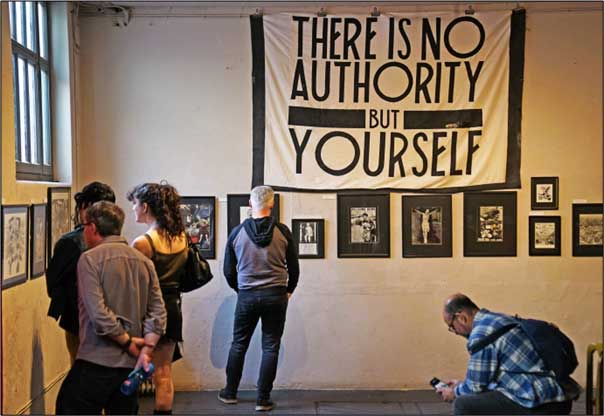
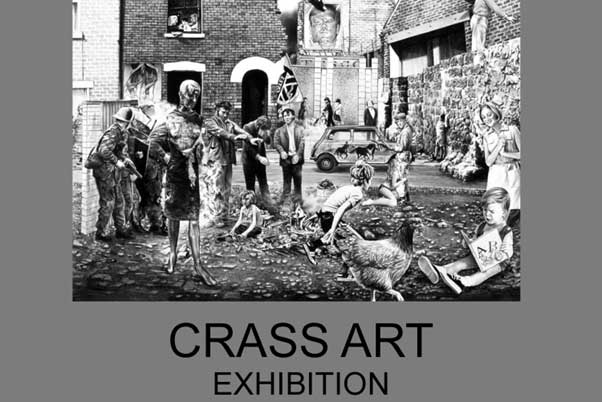

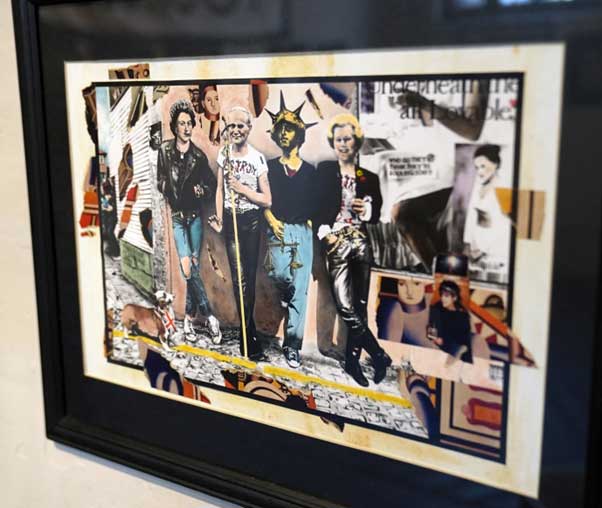

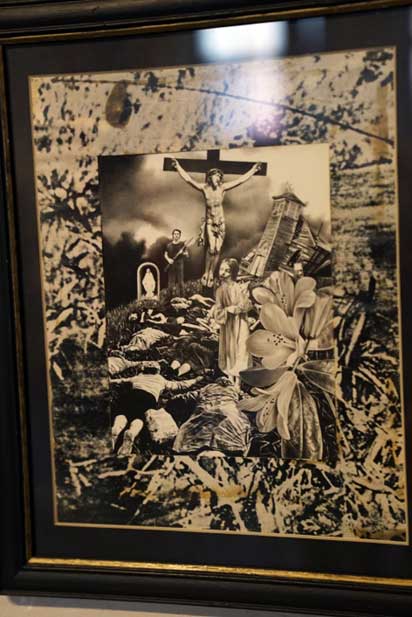

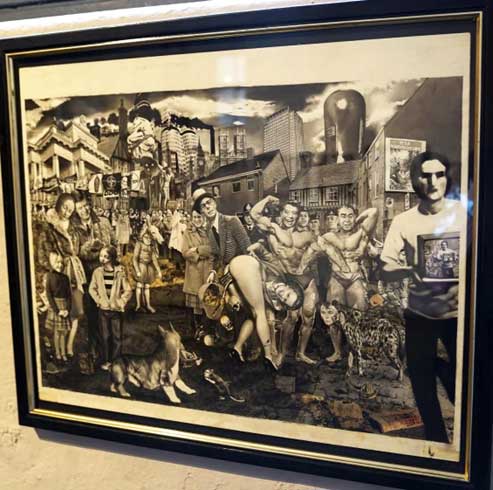
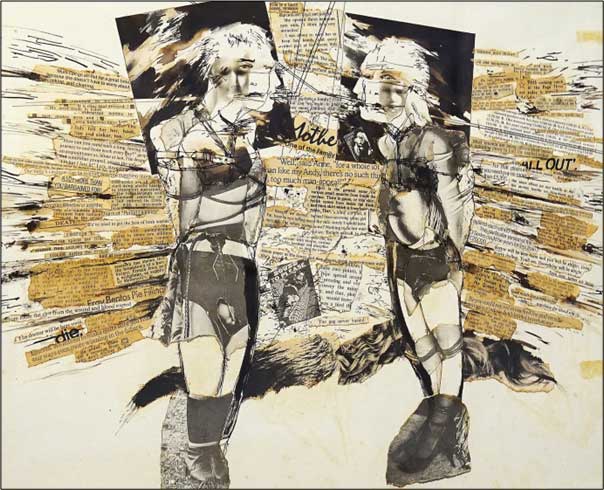

































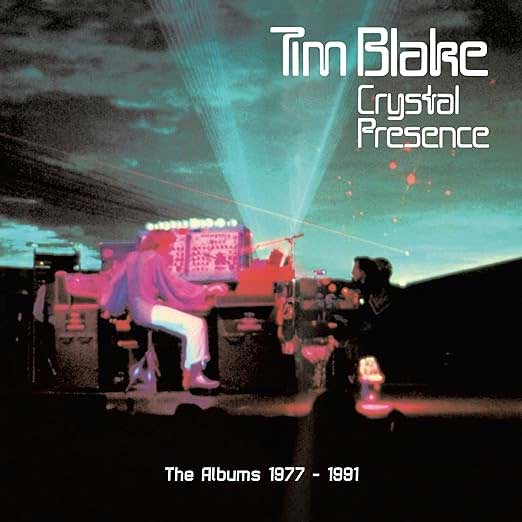
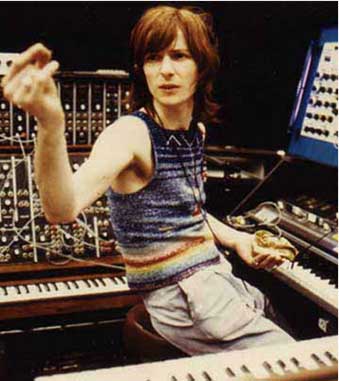
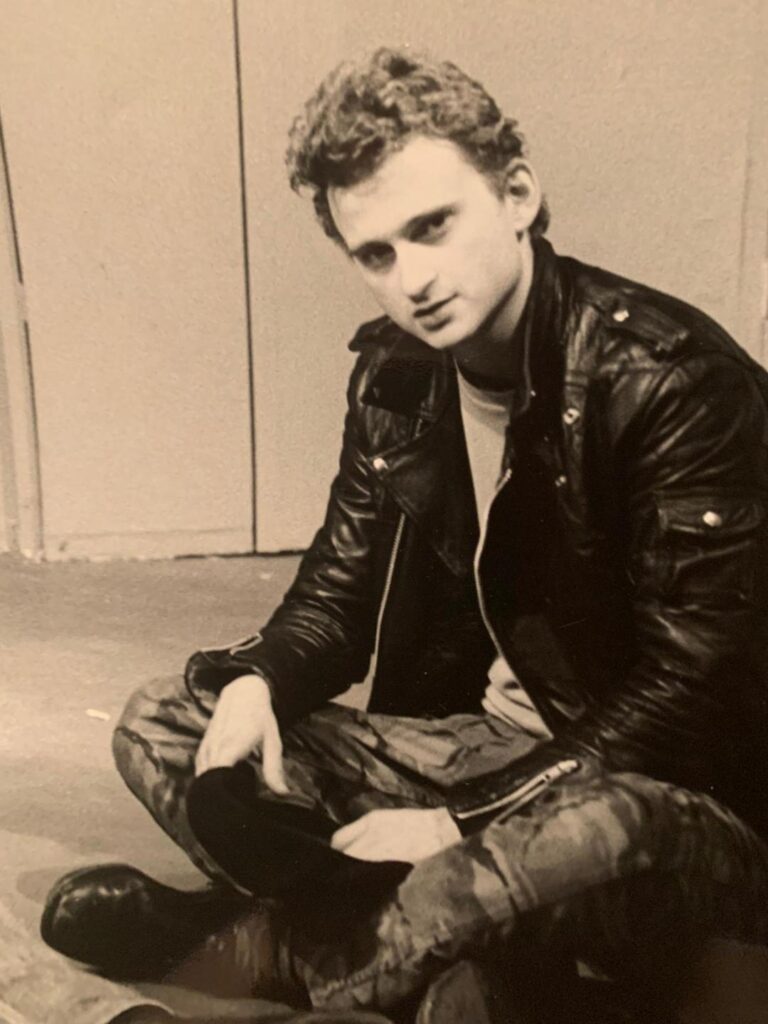
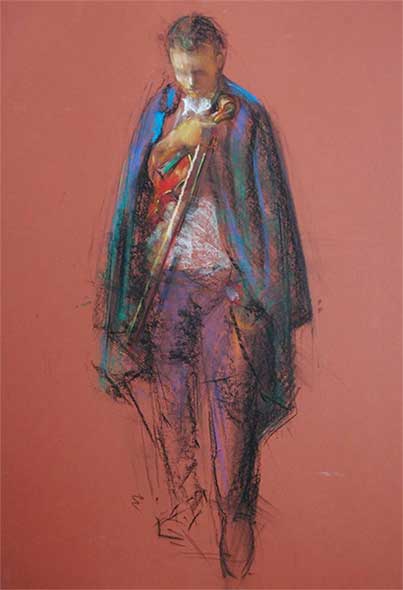

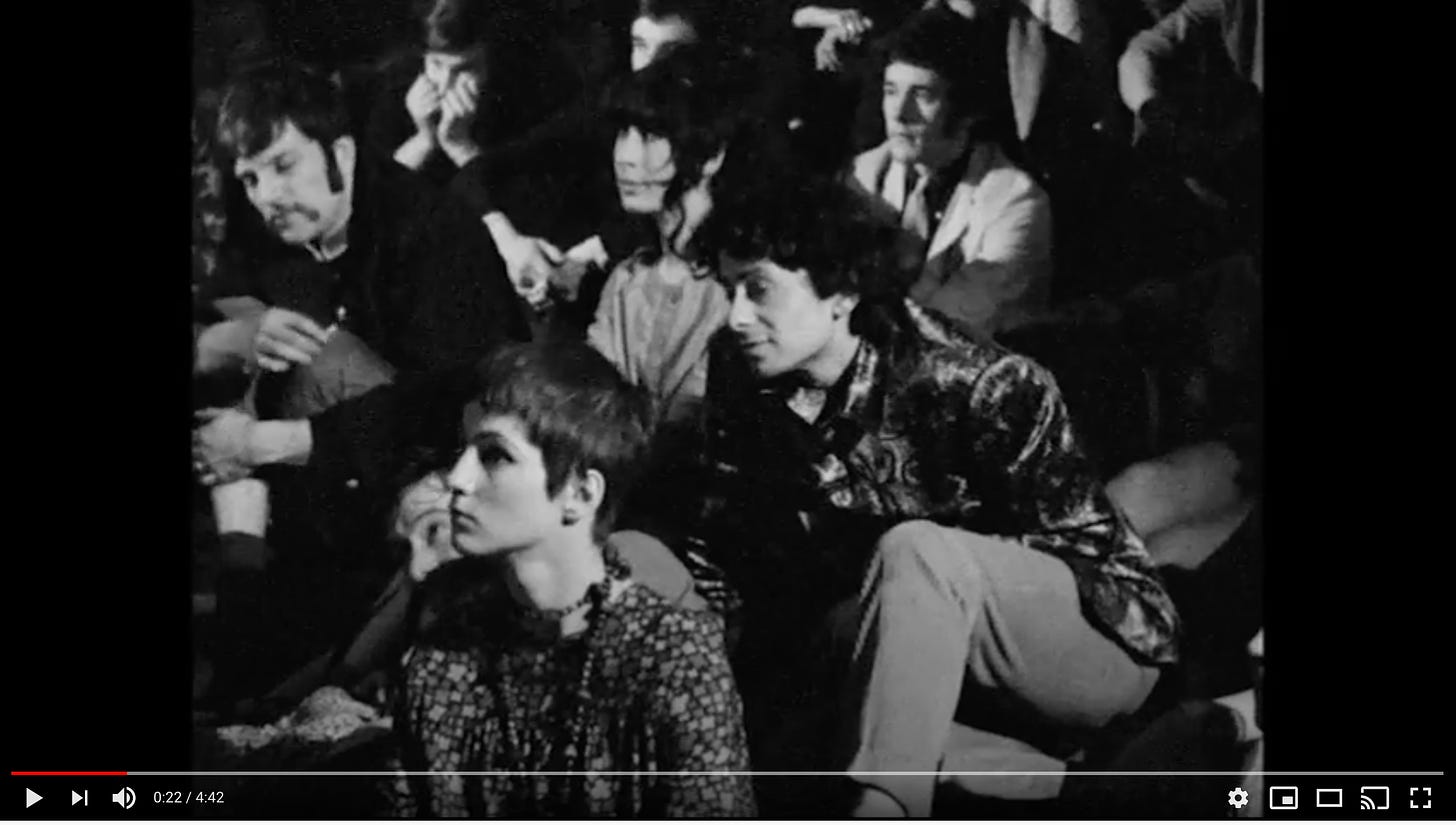
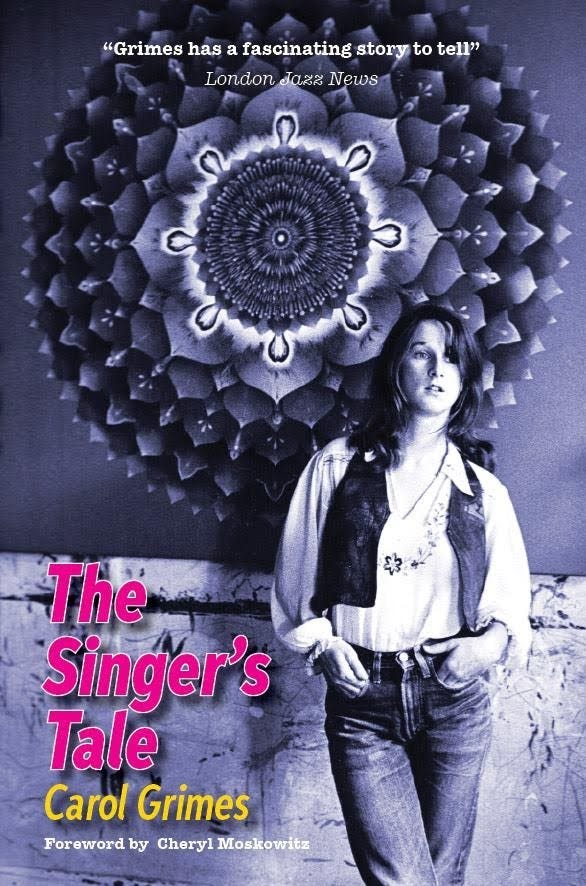

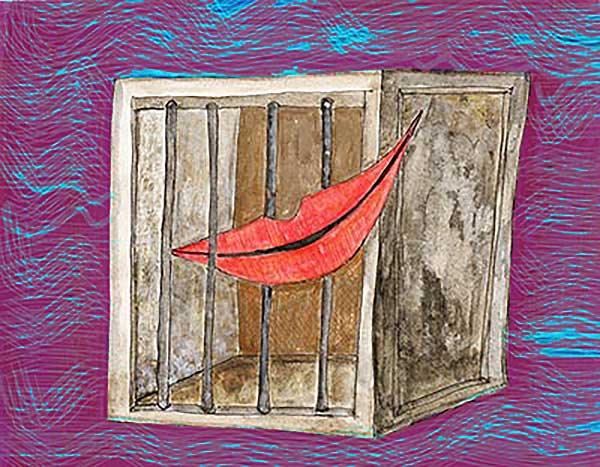


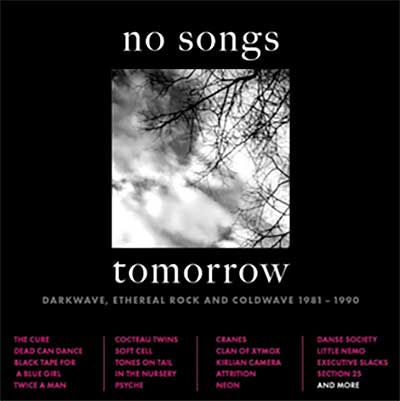


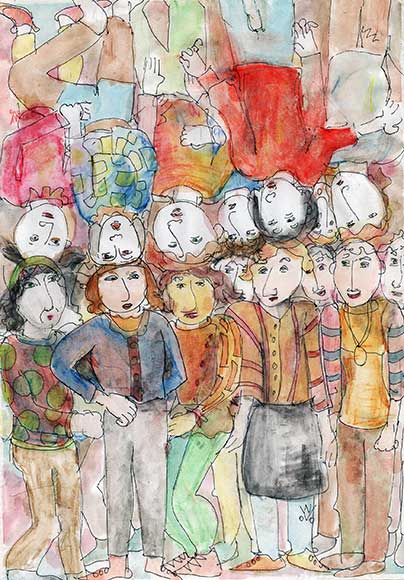
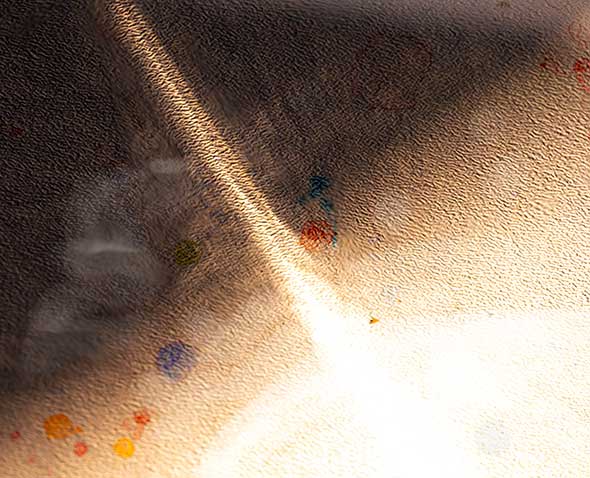
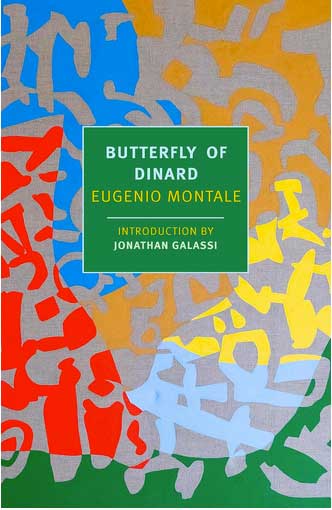





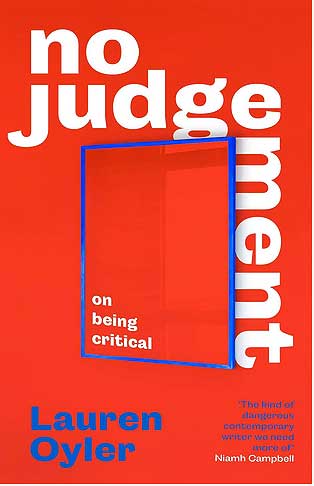
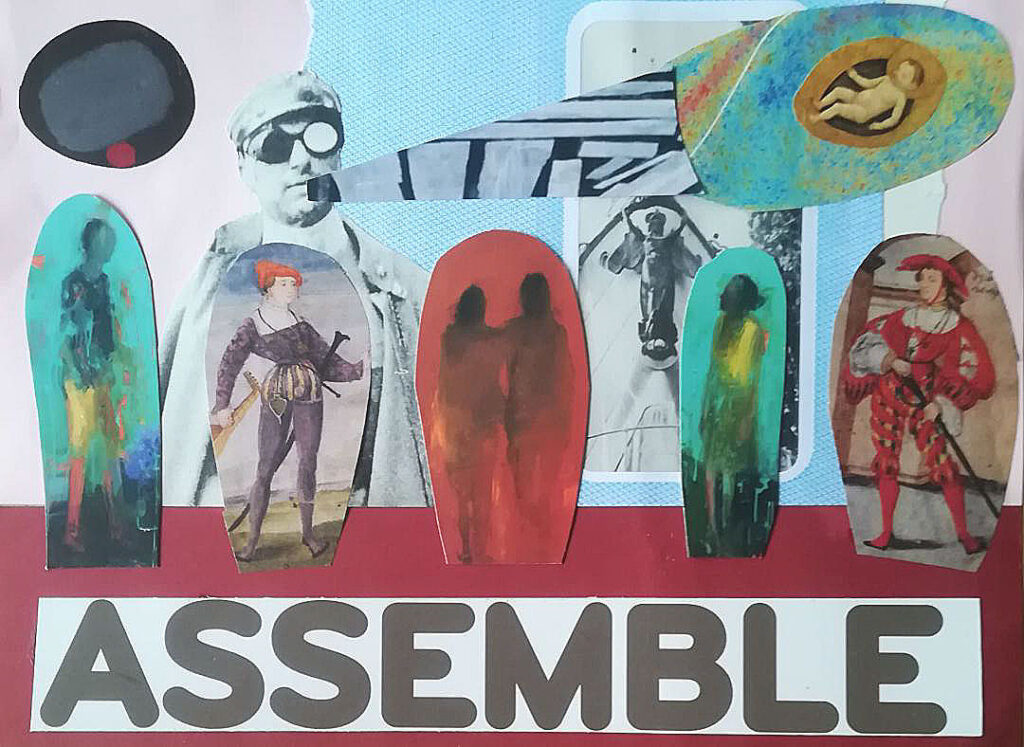

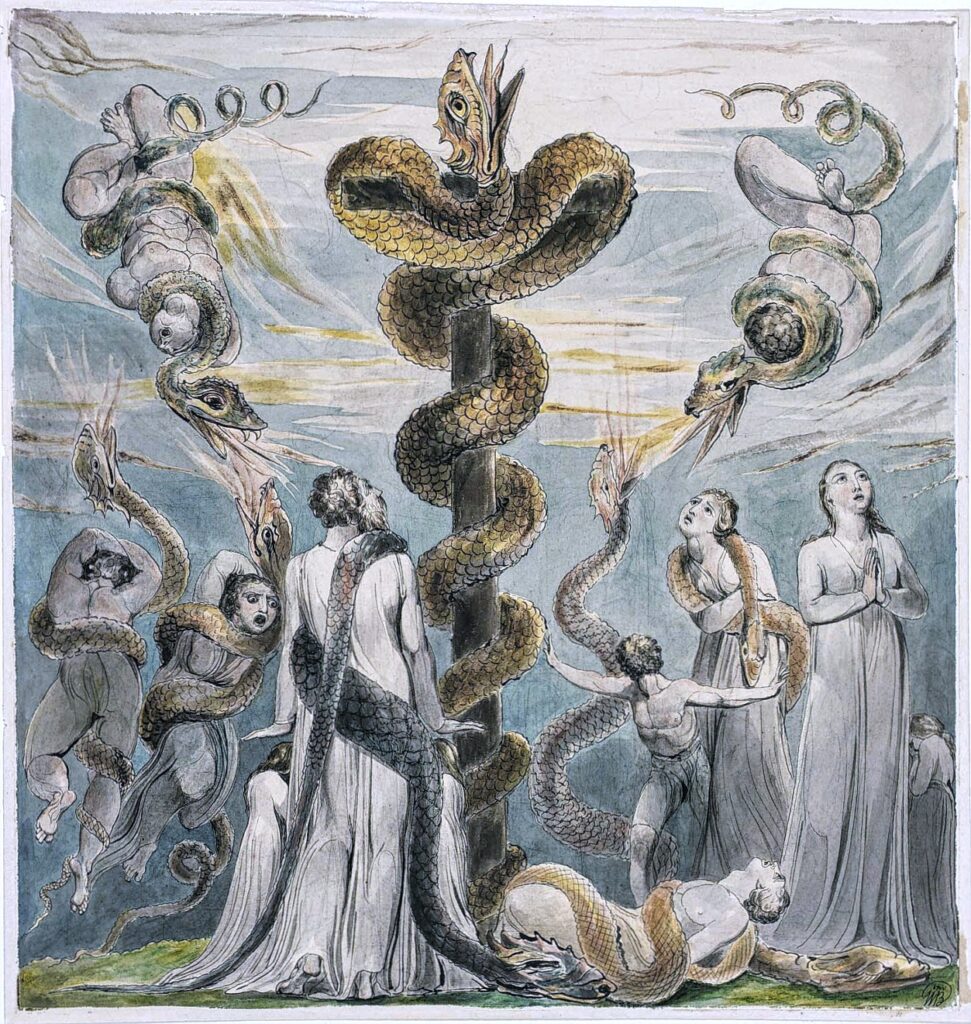

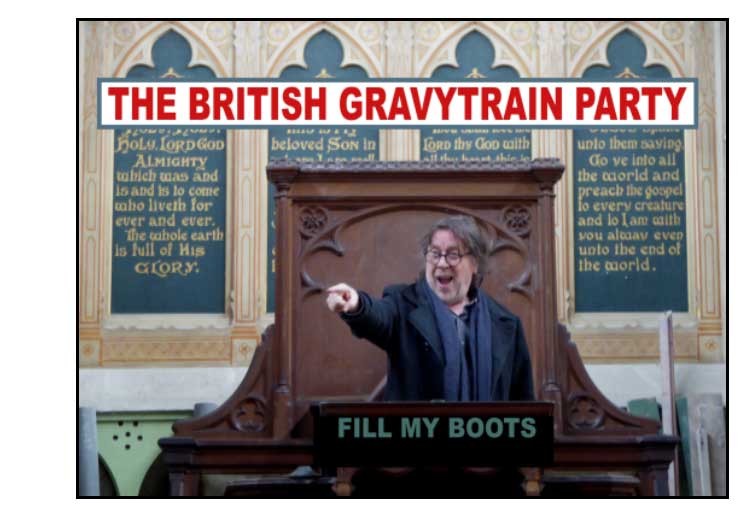
















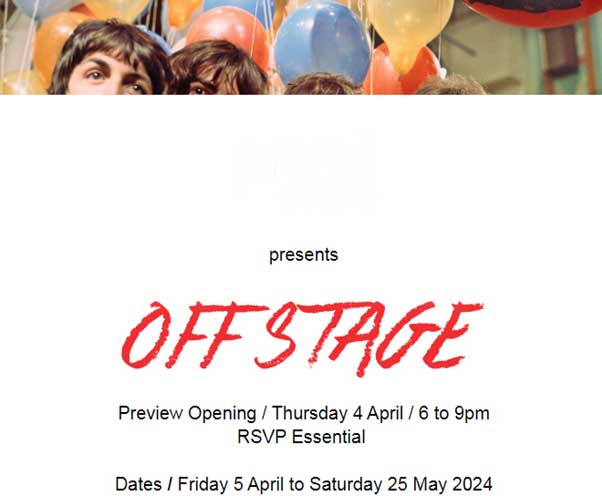
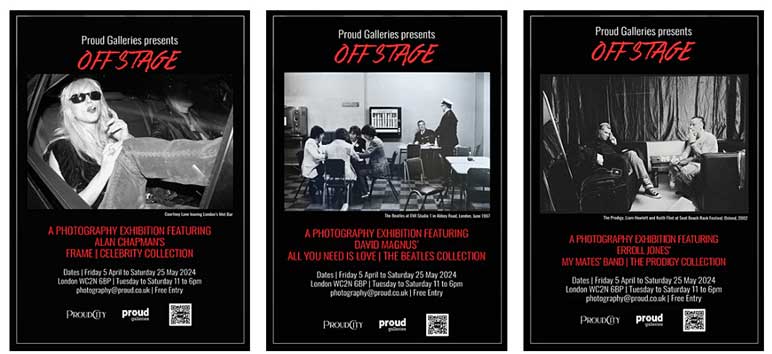

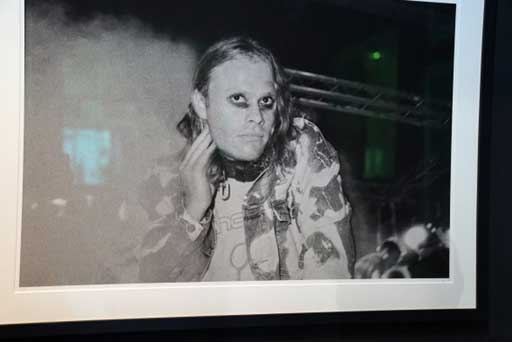

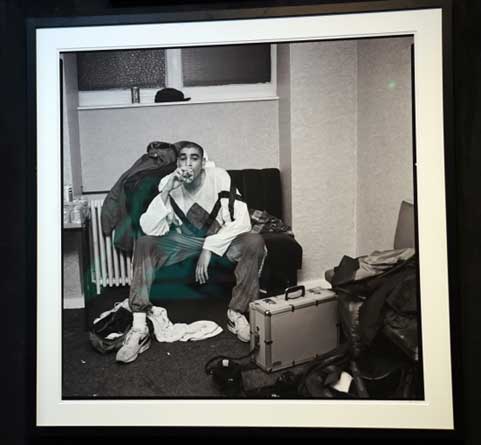
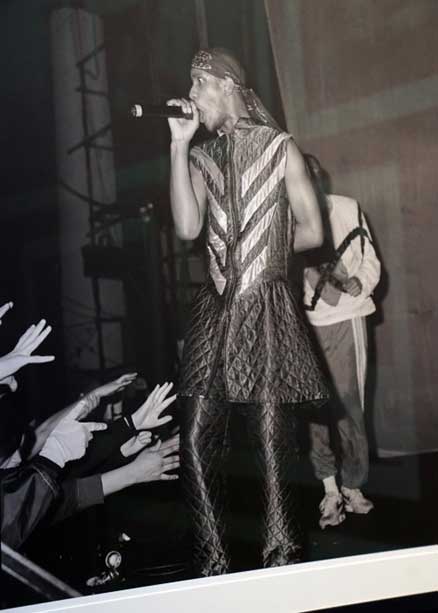
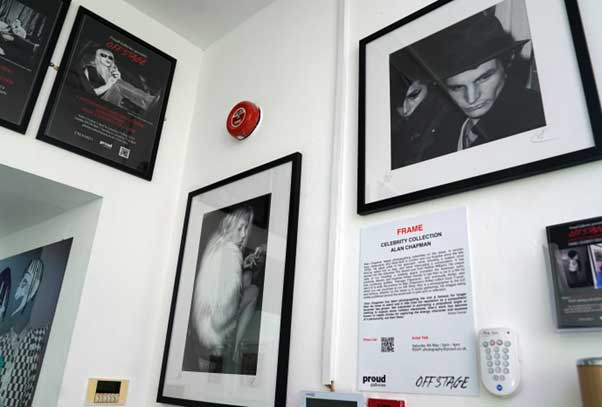
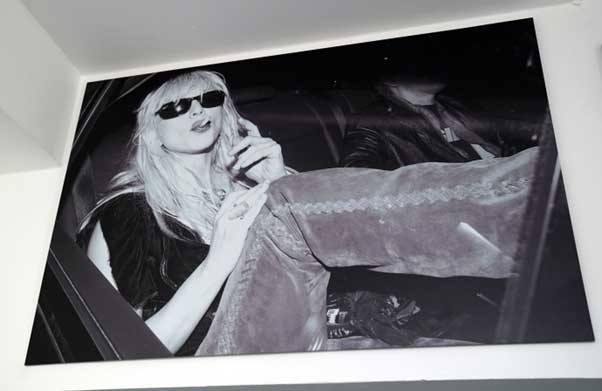
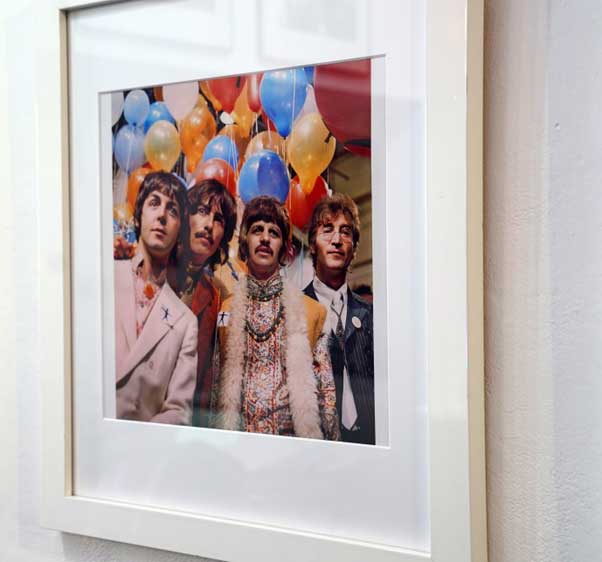
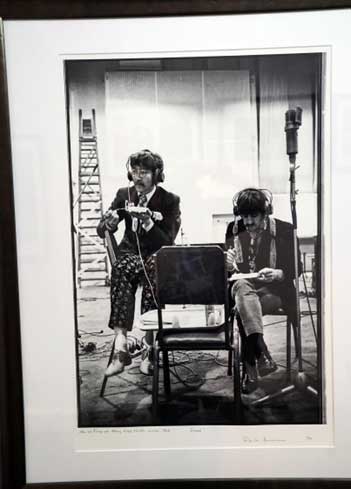
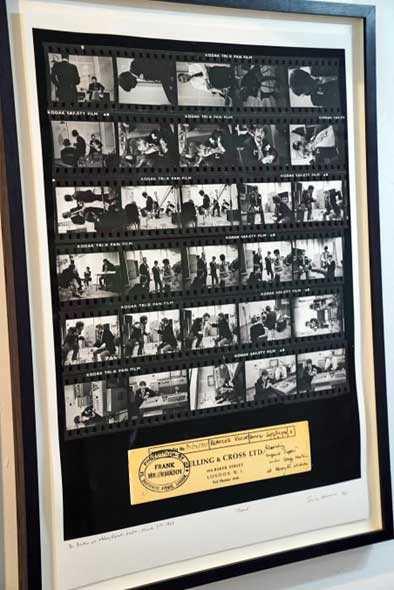
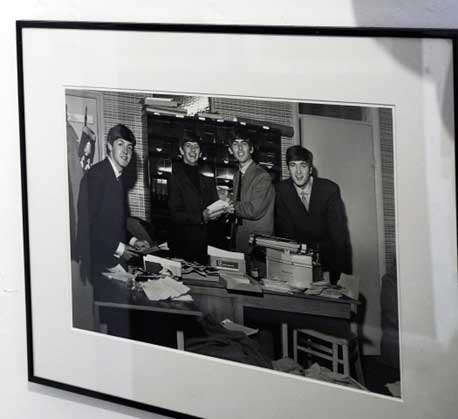
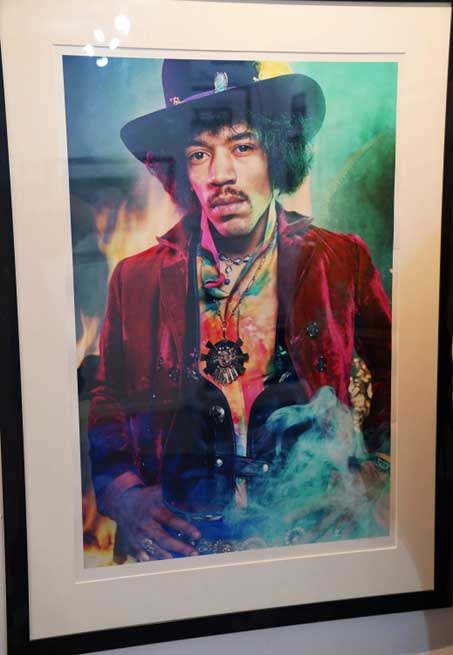
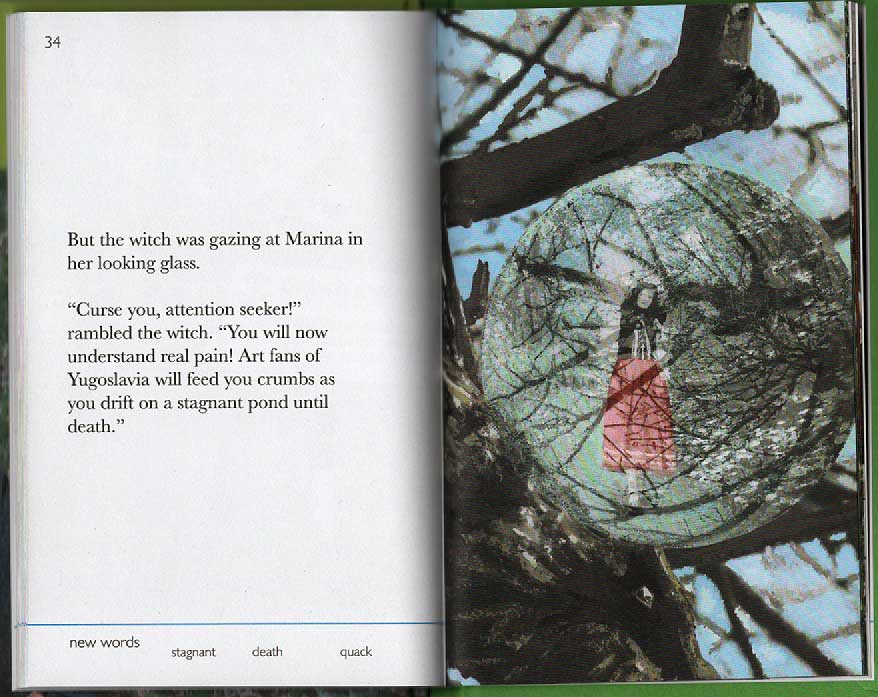
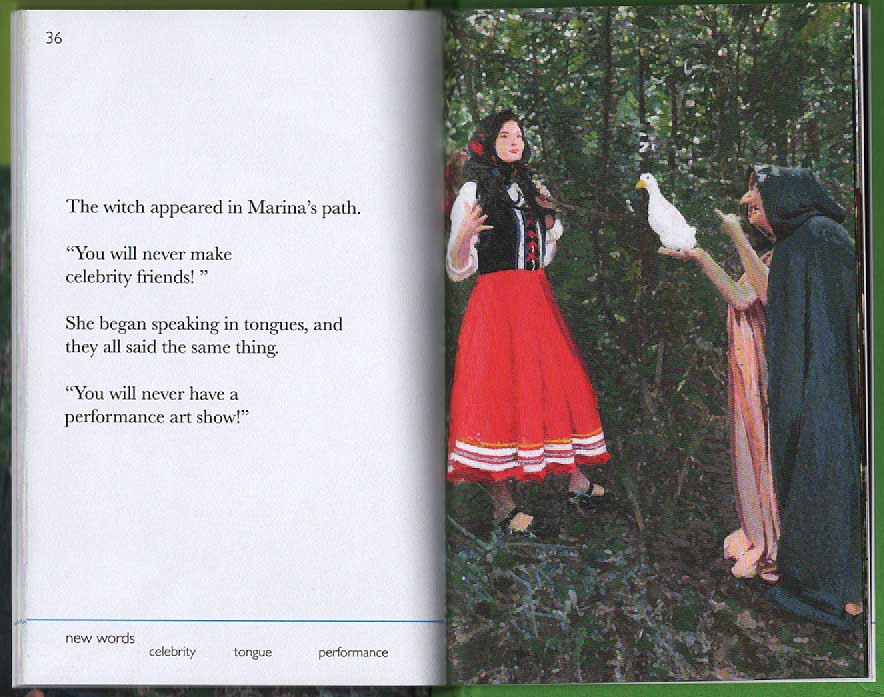
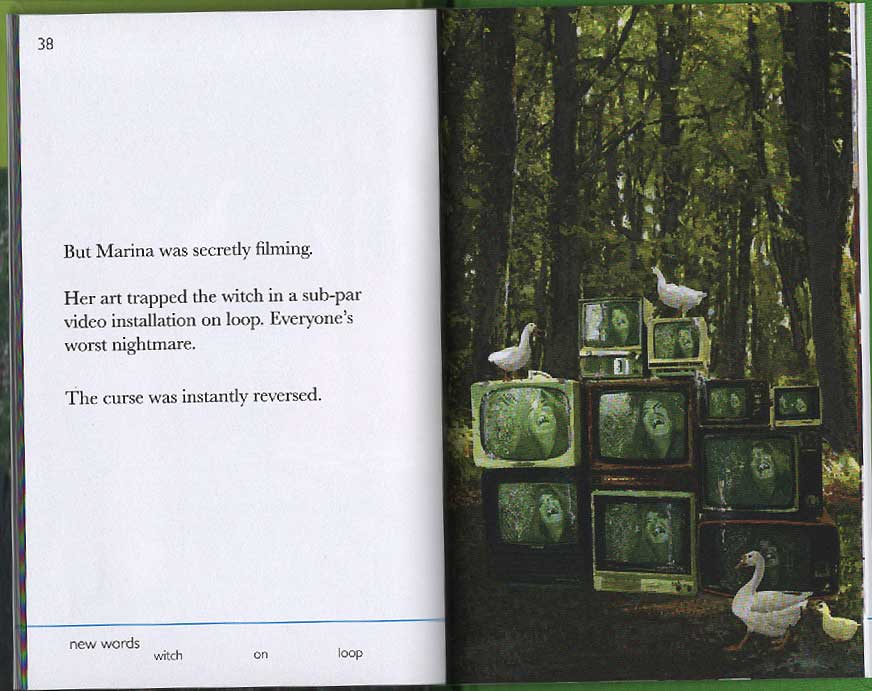
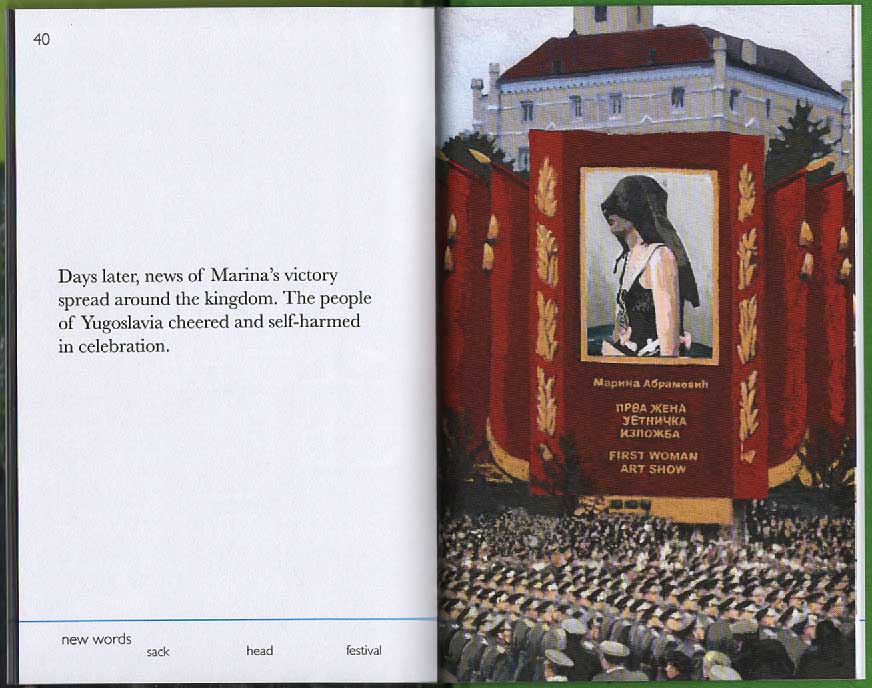
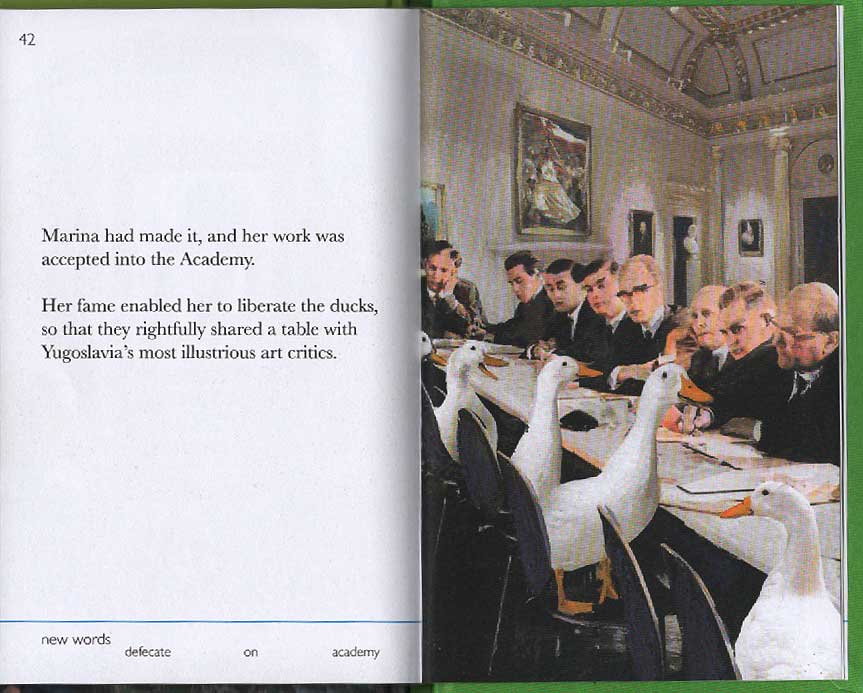
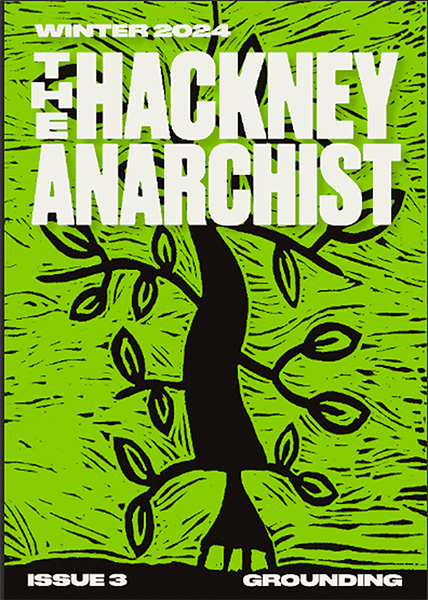


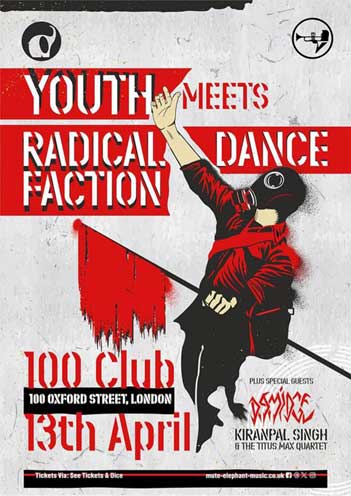

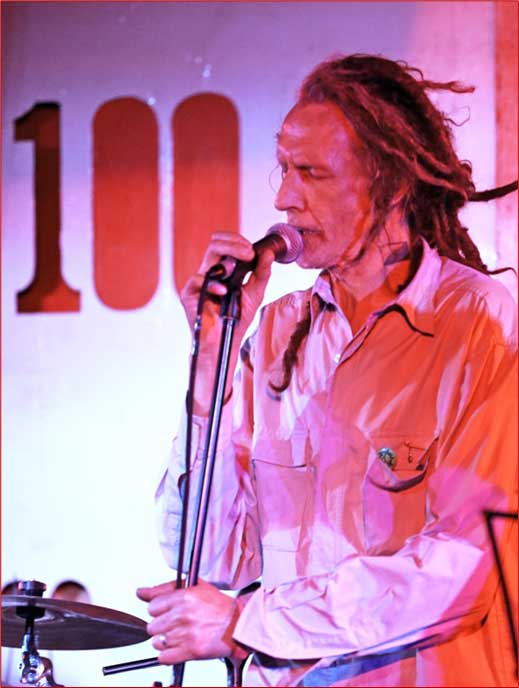



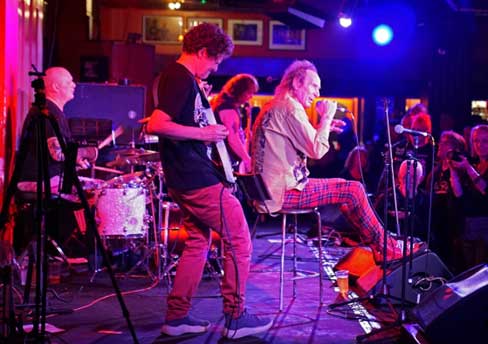

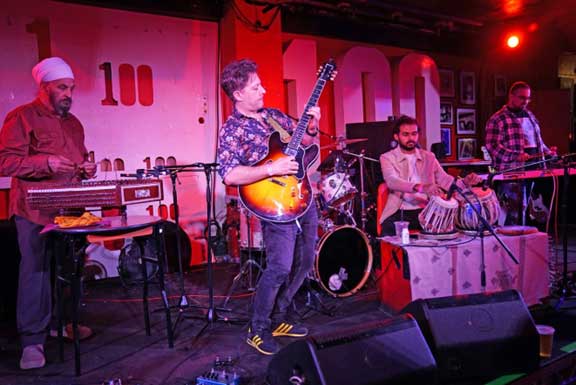

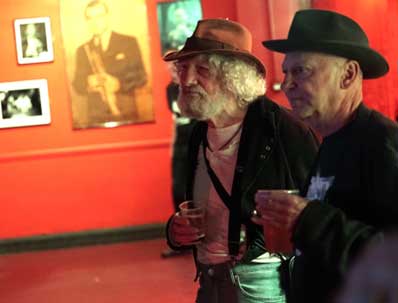

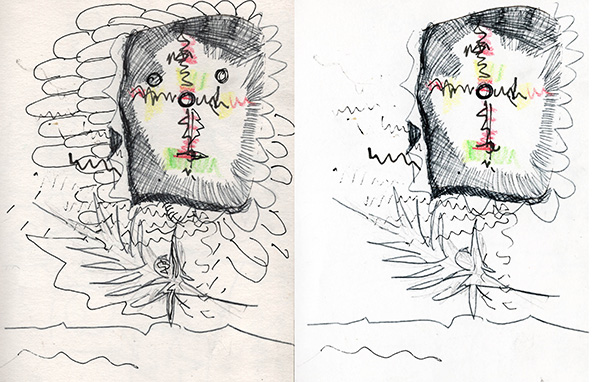

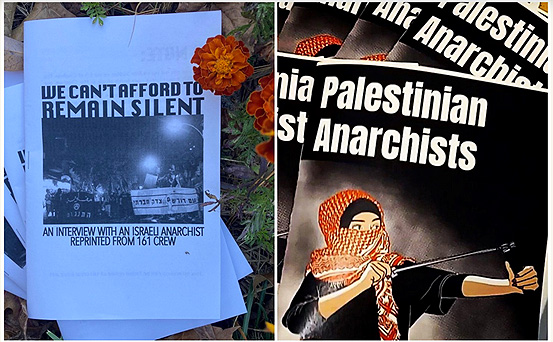
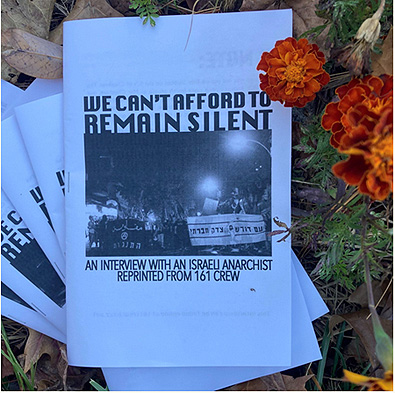

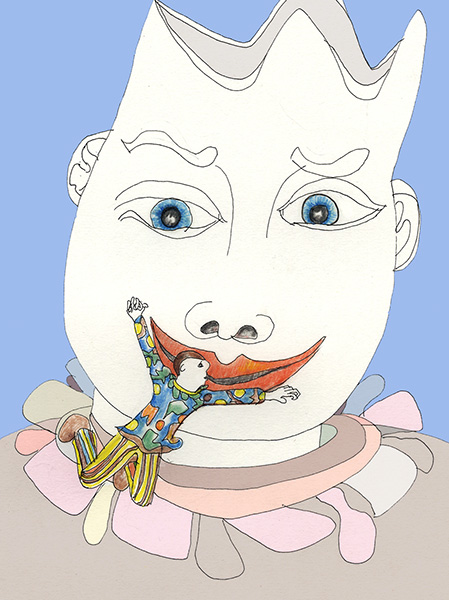

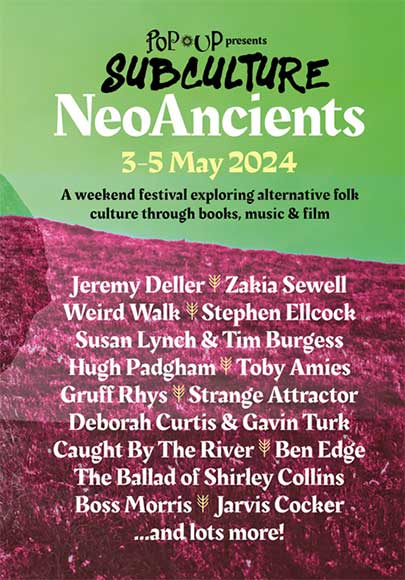

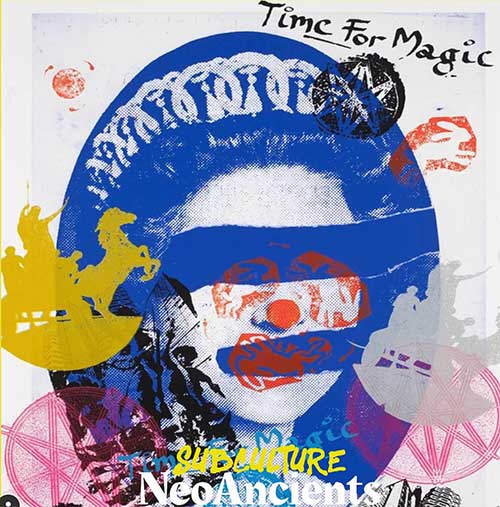

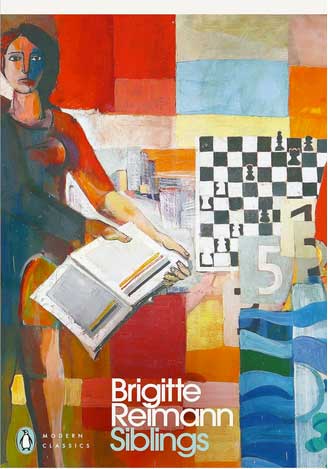

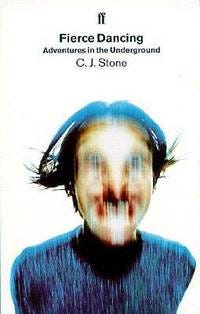
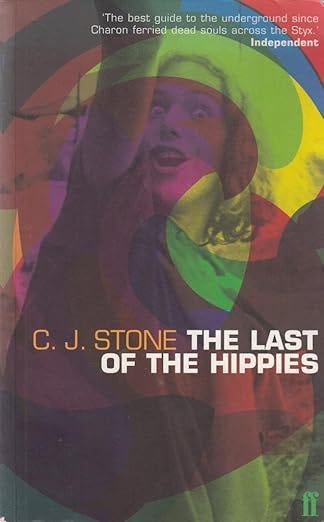
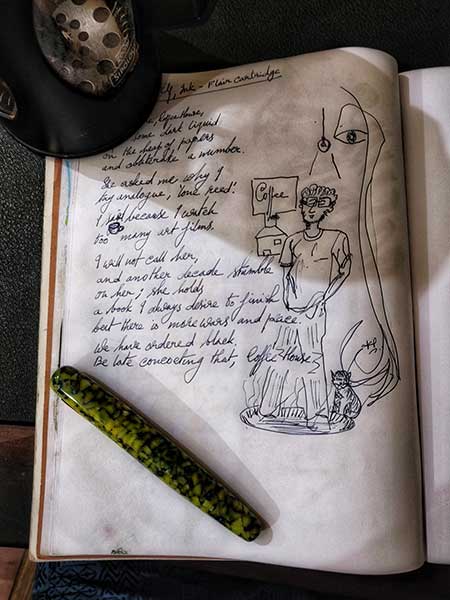
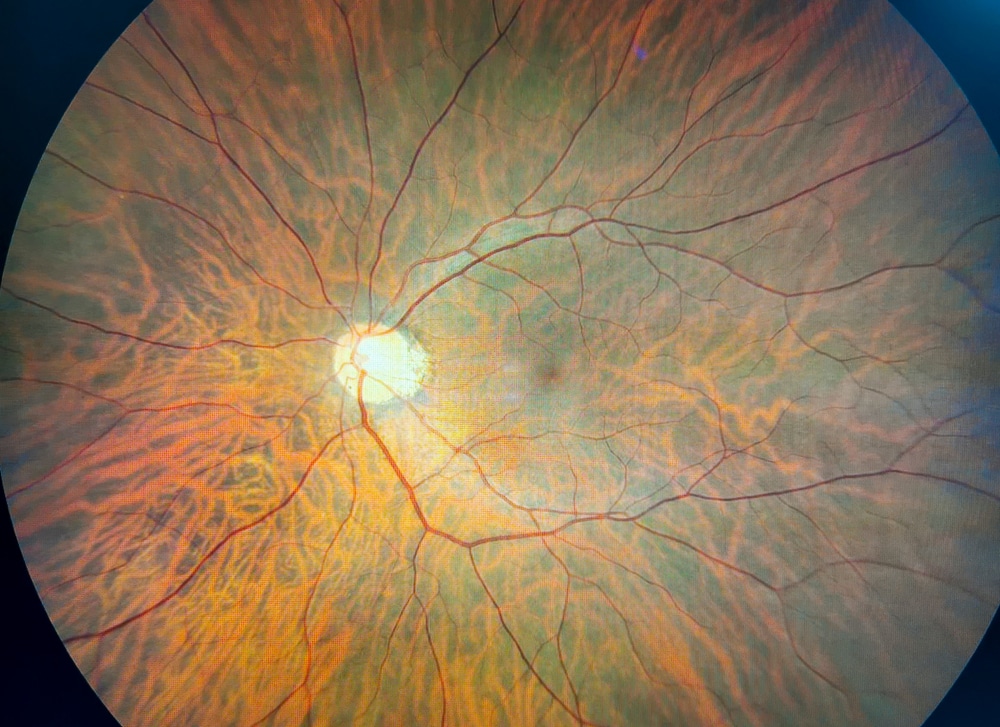
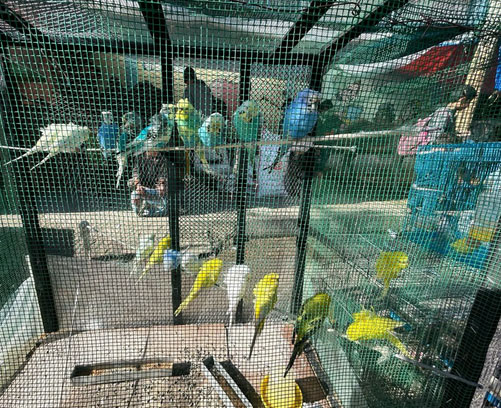

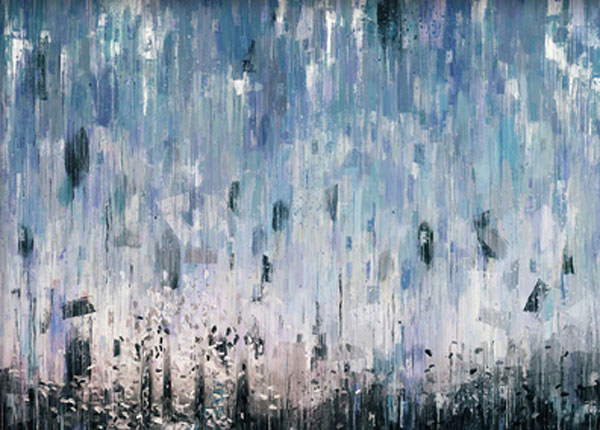







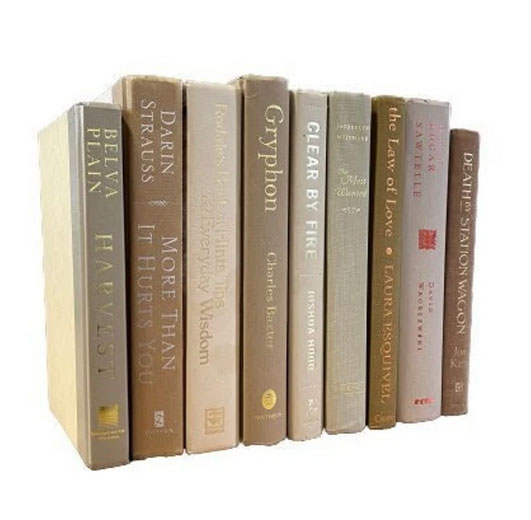
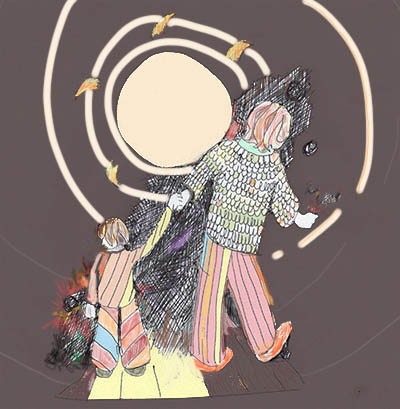

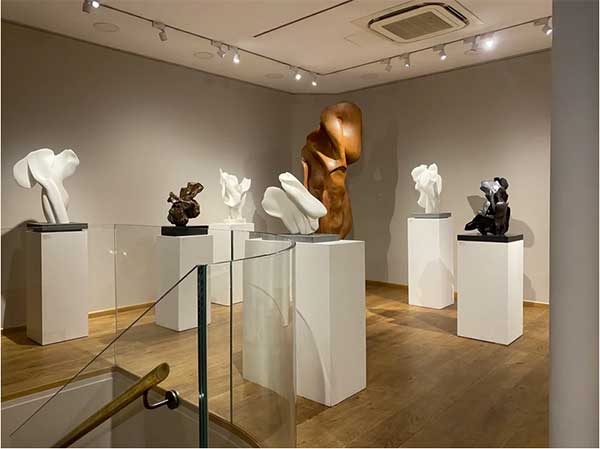








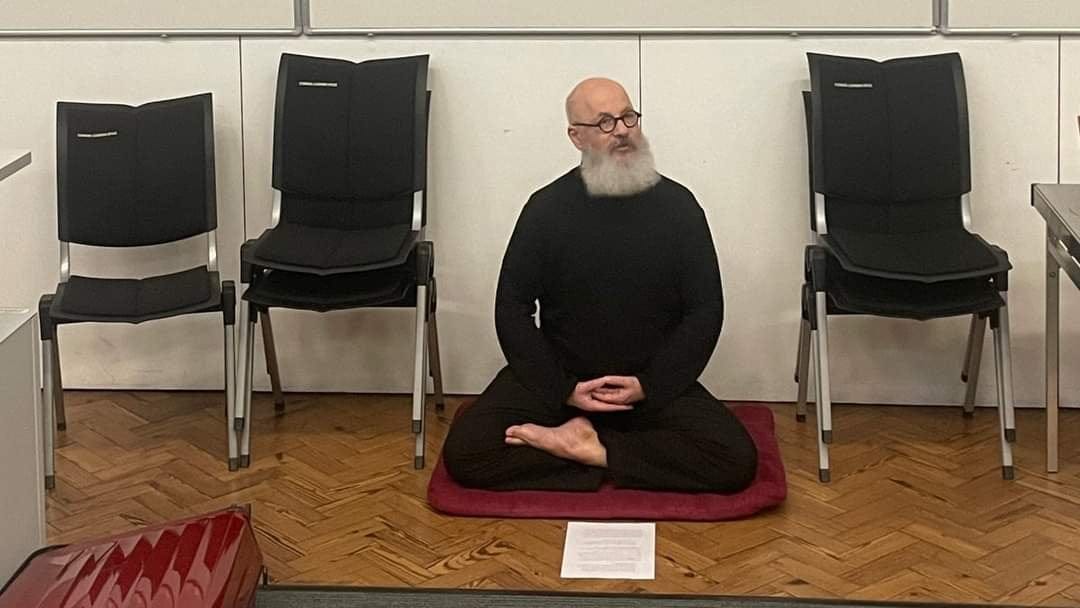

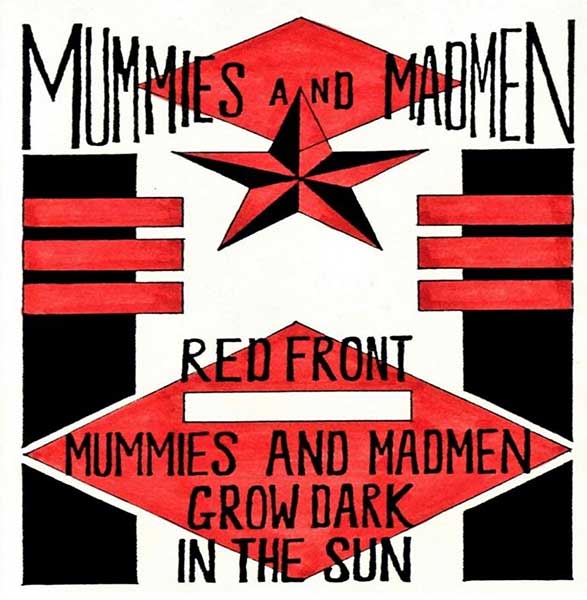


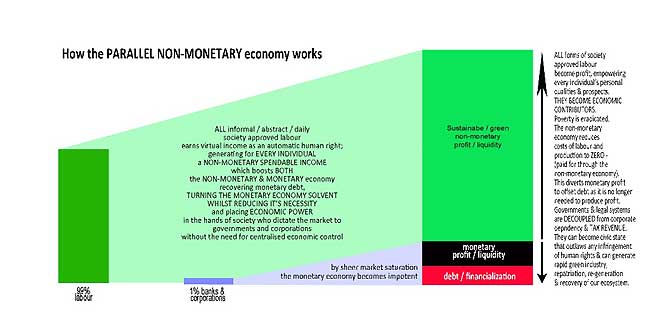
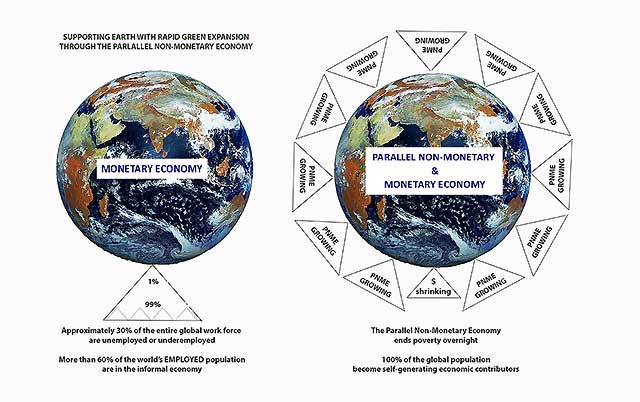
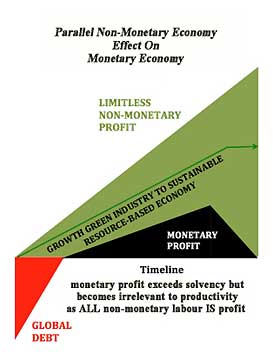

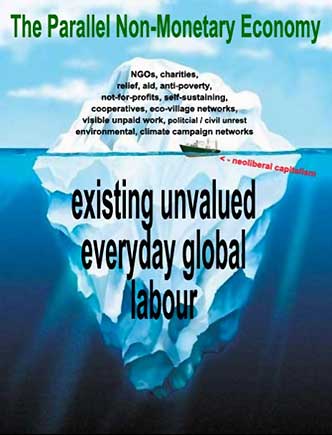
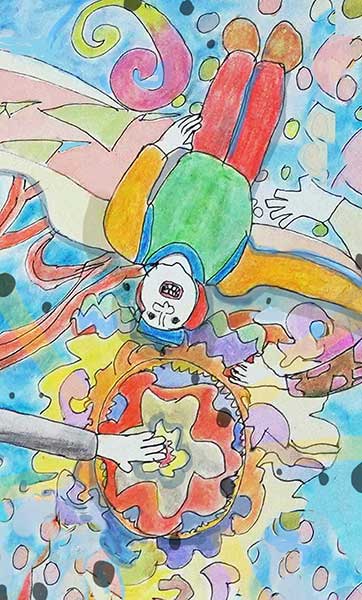
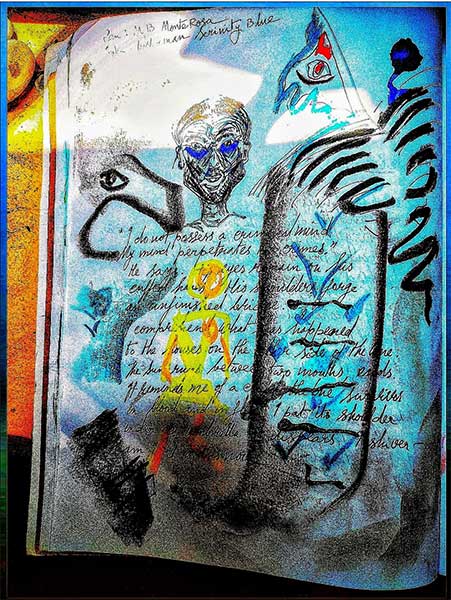
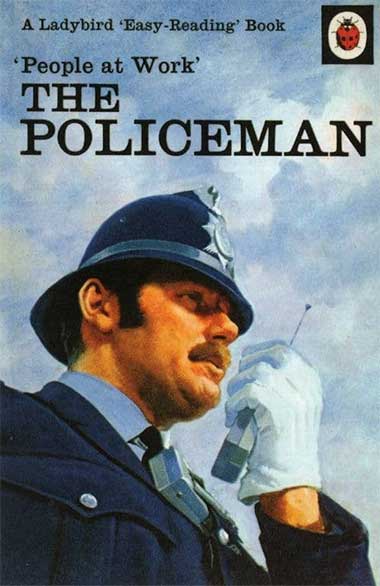
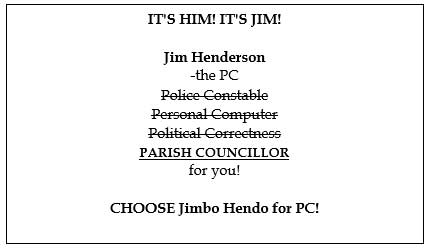
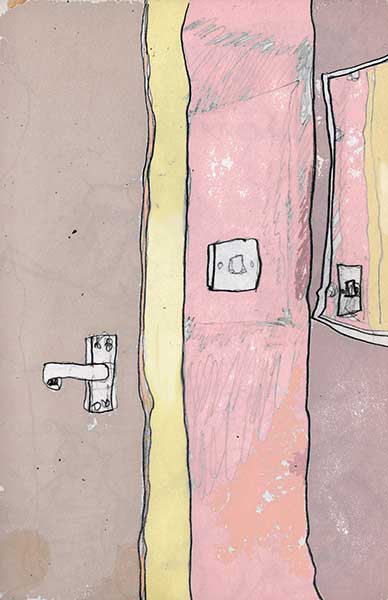














 catchphrase.
catchphrase. I’ve now had confirmation that I’ll be evicted from my studio/Museum of Neoliberalism by the end of September this year, which means it will be closing around the end of August to give me time to dismantle and move out. Still plenty of time to visit if you haven’t seen it yet!
I’ve now had confirmation that I’ll be evicted from my studio/Museum of Neoliberalism by the end of September this year, which means it will be closing around the end of August to give me time to dismantle and move out. Still plenty of time to visit if you haven’t seen it yet!
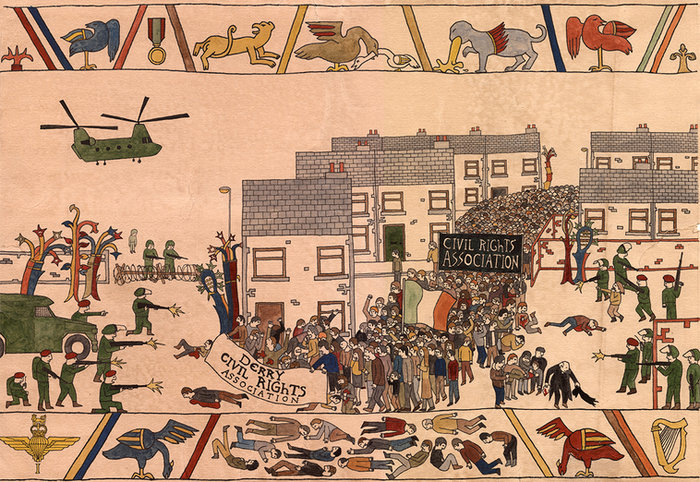
 there are still copies left if you want to
there are still copies left if you want to  Mugs
Mugs other hand you have too few of them, so you can get an extra 20% off these by using the code PLASTIC
other hand you have too few of them, so you can get an extra 20% off these by using the code PLASTIC





